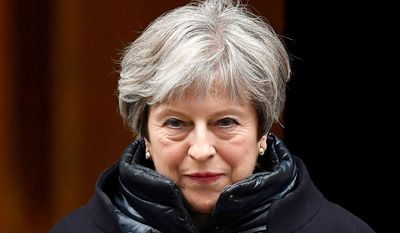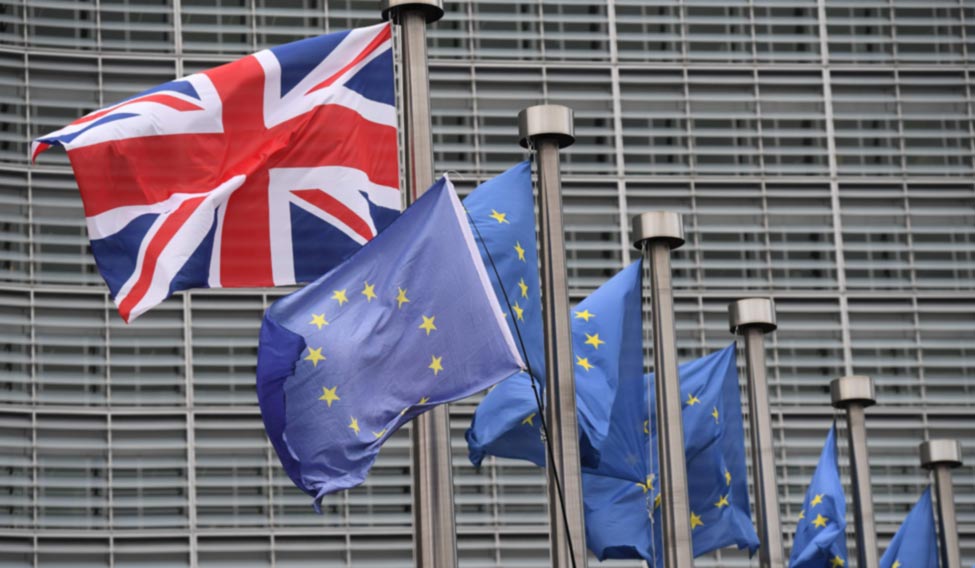Even as people debate UK's post Brexit status, Downing Street has announced that it will not be part of a customs union with the European Union. The EU chief negotiator Michel Barnier has warned that if the UK leaves the customs union and the single market, trade barriers will be “unavoidable.”
If Britain doesn't want a customs union with the EU, the next option is to form new free-trade agreements with other nations. What does it matter if the UK leaves the customs union? How does it impact British trade?
The EU is a single market that allows free movement of people, goods, service and capital. Norway, Iceland and Liechtenstein, though non-members, are in the single EU market. Then there are non-members which are linked to the EU customs union, where the tariffs for border entry are set by the EU.
Countries which are part of a customs union offer free movements of goods without trade barriers in the region. They agree to apply the same tariffs for goods imported from outside the bloc which are shared among the member nations. Countries that exports to any member of customs union need to pay tariff only at a single border. Once the goods enter a point, no extra duty would be levied for passing borders within customs union. That means, goods that cross the border of a member of a customs union can freely be sold in any member nation. However, free movement of labour and capital are not allowed in customs union.
Since Britain is leaving the single market and will not be entering a customs union with the EU, Downing Street can still consider the prospects of a free trade deal with the EU. But what is the difference between a customs union and a free trade area?
Goods and services can be freely moved in a free trade area without any tariff while each member is free to set its own tariff with others outside the deal. It's not necessary that the deal should cover all the goods, some of which may need protection.
 British Prime Minister Theresa May is looking for future partnerships outside the EU customs union
British Prime Minister Theresa May is looking for future partnerships outside the EU customs union
As the customs union enhances mutual trade relationships, trade flourishes inside the customs union. It eliminates customs check points and saves on administrative costs. However, the disadvantage is that there is little chance of trade deals between a member nation and a non-member nation.
The European Union is the biggest customs union in the world and leaving it comes at a price for a member. Besides the 28 EU member countries and Monaco, the EU bloc has customs union agreements with Andorra, Turkey, and San Marino. However, the EU's customs union with Turkey excludes food, agriculture and services. As a part of the European Economic Area (EEA), Norway gets access to single market, though still do not belongs to EU's customs union. So this means Norway can sell its products tariff-free in the EU, but the same facility is not extended to products that comes via Norway.
Those arguing in favour of pulling out of customs union points out that 80 per cent UK economy is services. As the EU customs union is mostly based on goods, the impact of quitting it would not be significant on the UK economy. They think that the economic integration achieved by negotiating separate trade deals with countries outside the union would be far reaching. But supporters of the EU customs union, thumbs down on the administrative costs like huge paper works and maintaining the border checks with neighboring EU states of Northern Ireland and the Irish Republic.
Pulling out of the EU customs union means, Britain is free to negotiate arrangements with the EU bloc or trade deals with other nations, which are not part of customs union. However, as of now, the EU is offering hard borders that undermine the possibilities of future arrangements outside the customs union after Brexit.






